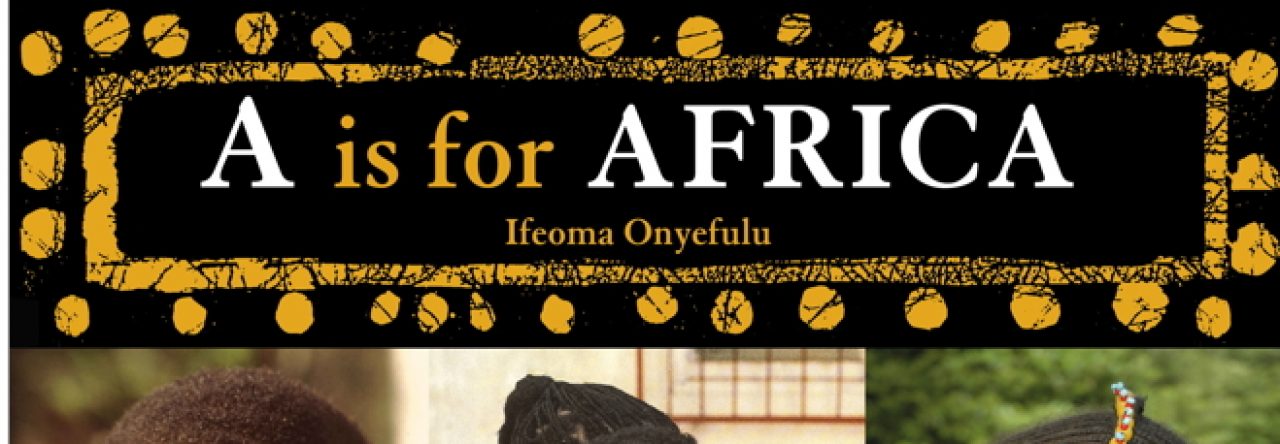Really excited by this book! It spans time. Is it really true that we are not the only ones alive in this universe?
Shelby and Davy’s lives are limited to seven hundred hectares, waiting (along with the 348 other people assigned to their seven hundred) for the earth to heal. But a hole in the perimeter fence leads Shelby and
Davy out into the wilds, where they come across an abandoned city, and a lonely old man leaving desperate messages to try to save his friends.
Decades earlier, Phoenix, Walter, and their sisters, are free to explore the wilds and the bog near their home. Phoenix, like his mother and his brother, has the gift of sight. When his younger brother Walter, brings home 12 raven feathers – the same day that Phoenix sees a raven standing at the foot of his bed. Phoenix knows that something bad is going to happen. But nobody could have predicted the pandemic that is about to it, or the way it will send all of their lives out of control.
Zana Fraillon and Bren MacDibble live in Australia and have co written this novel, which brings a really exciting way of engaging with the characters.
Old Barn Books, based in the UK work with Allen and Unwin Publishers from Australia. There are packs of teacher notes linked to curriculum areas for use in schools and a huge number of leads into research and exploration. It’s so much more than just a book.
Sue Martin Children’s Literacy Specialist























